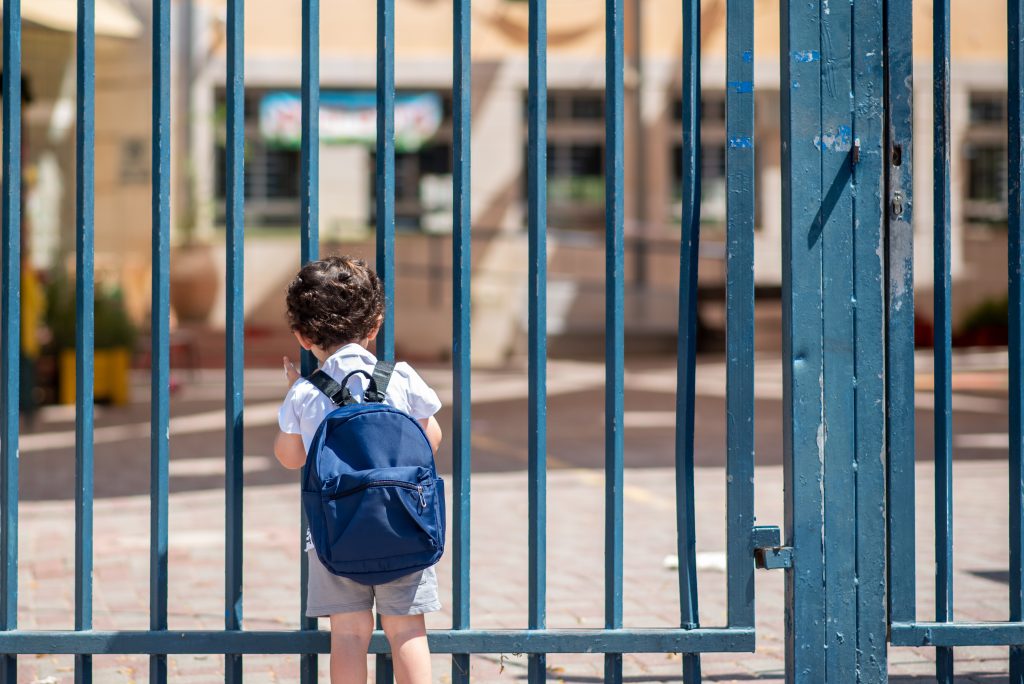
In late 2024, around the same time President-elect Donald Trump was announcing his new Department of Government Efficiency, the world’s richest man, Elon Musk announced he was opening a school.
Given the green light from the state regulator, the private school based in Texas is to be called Ad Astra, meaning ‘to the stars.’ It’s not Musk’s first time opening a school, having previously opened a primary school in California – also called Ad Astra – for the children of SpaceX employees, including his own.
Read the latest print edition of School News online HERE.
While applications for the tiny school have now closed, the inaugural class is due to start this year. With a maximum capacity for 48 students, 18 in primary (ages 3 to 6) and 30 in lower elementary (ages 6 to 9), the school does not immediately appear what you might expect from a technological titan, with the only image on the website of a rural setting, three farm-like buildings, surrounded by white fencing and miles of green paddocks.
The curriculum promises a predictable emphasis on STEM subjects, but also focuses on ‘grace and courtesy’ and ‘focus and concentration’ in the lower years and ‘global citizenship’ and ‘curiosity’ in the elementary program. Although not a Montessori school, the teachers are Montessori trained. Repeated mentions on the website of the fact the school does not discriminate on the basis of ‘race, color, national and ethnic origin’ seems to imply that it also does not intend make concessions or protect people on the basis of race, colour, national and ethnic origin either.
Musk’s new role in Trump’s DOGE and his own testing ground in Texas, poses some alarming questions for the US education system, especially given Musk’s previously reported comments about schooling, including that the current system is so overwhelmed it’s like a local community theatre group trying to stage a Christopher Nolan movie with ‘homemade costumes’ and ‘no special effects.’
It’s an interesting metaphor especially considering Musk was quoted as saying “education should be “as close to playing a video game as possible…If you can make it interactive and engaging, then you can make education far more compelling and far easier to do.”
Both President Trump and Musk have publicly stated their desire to get rid of the Department of Education altogether, and given Musk’s green light to make ‘efficiencies’ in government departments, there’s a real chance that he will downsize the department considerably, as he did to Twitter back in 2022, firing over 80 percent of staff.

Meanwhile, in the UK, billionaire Richard Branson announced in late 2024 the launch of the world’s first University of Dyslexic Thinking. The free online university, hosted by Open University offers courses that focus on various dyslexic thinking skills and how they can be made relevant to a wide range of sectors including music, sports, gaming, film and storytelling and artificial intelligence.
“Today’s AI-driven world needs a new kind of intelligence focused on human skills such as complex problem solving, adaptability, resilience, communication and creative thinking,” Branson states on the Virgin website. “These are skills dyslexics naturally possess [and] this is where DyslexicU comes in! We’re shaking things up and teaching the skills the world needs. We need more innovators, problem-solvers, storytellers and unconventional thinking. They’re the kind of lessons I wish I was taught in the classroom.”
In a world already facing rapid technological, social, and economic change, the entry of public figures like Elon Musk and Richard Branson into the education sector has the potential to alter global learning paradigms and highlights both the potential and pitfalls of private influence in education. Musk’s vision of an interactive, STEM-focused curriculum and Branson’s advocacy for neurodiverse talent point toward a future where education evolves from ground-up and individual demands—but only when backed by deep pockets.
However, these developments also raise critical questions about equity, accountability, and bias. What will be the long-term effect on curriculums? Will there be an over-emphasis on technology at the expense of real, human teachers? As these projects unfold, their global impact will hinge on whether they amplify opportunity or deepen divides, potentially open the floodgates for more privatised education and shape how we deliver education for generations to come.









